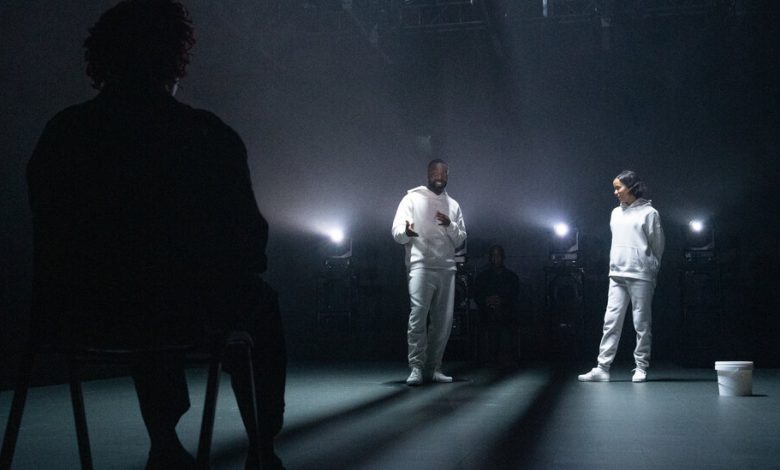‘The Effect’ Review: Dissecting the Science of Desire

A white plastic bucket sits on a spare stage at the Shed, where the director Jamie Lloyd’s stark, riveting production of “The Effect” opened on Wednesday night. By the time its content — a human brain — is revealed, Lucy Prebble’s heady and scintillating drama is already interrogating the biology of desire.
What begins as the drug trial of an antidepressant shifts into more slippery territory when a flirtation develops between two of the participants. As they circle each other, neurons blazing, questions swirl about whether their attraction has been chemically engineered — and if love controls the mind or the other way around.
The simplicity of a brain plopped in a pail for scientific research becomes something of a mordant sight gag.
Previously staged Off Broadway in 2016, “The Effect” digs into what one of the study’s architects calls “nothing short of a revolution in medicine”: drug intervention that considers the psyche a plastic aspect of the self. Lloyd’s production, which premiered in August at the National Theater in London, poses the play’s philosophical inquiries on a stark and minimal plane that feels both cosmic and atomically intimate.
During the experiment’s intake, we learn that Connie (Taylor Russell) gets sad but isn’t depressed (“when I’m sad, I’m sad,” she says) and that Tristan (Paapa Essiedu) has a playful swagger, half-flirting with the study’s administrator, Dr. Lorna James (a game and frank Michele Austin), while she asks about his medical history.
